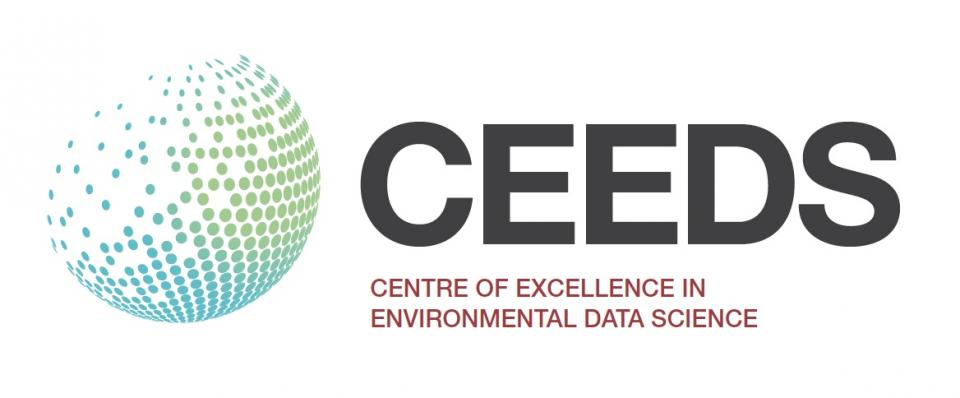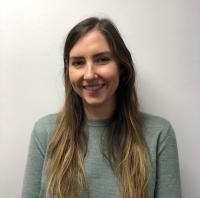
On 5th and 6th July, colleagues across UKCEH and Lancaster University interested in the CEEDS theme ‘Decision-making under uncertainty’ gathered at the Rewilding in Lancaster for an ideation workshop on the topic. The goals of the day were to discuss what ‘decision-making under uncertainty’ means to the variety of attendees across their disciplines, the key challenges of this for environmental science, the opportunities for overcoming these challenges, and ideas for collaborative research activities to realise these challenges.
In sharing perceptions of decision-making under uncertainty, it was clear the group had a variety of perspectives from their own experiences, disciplines, and expertise. While some researchers were viewing uncertainty and decision-making as interesting processes to explore as related to interpersonal and interorganisational dynamics, for example, others saw uncertainty as simply part of their everyday environmental science and interactions with stakeholders. Breakout groups discussed philosophical meanings of uncertainty, quantitative and qualitative measures of uncertainty, stakeholders involved in decision-making processes, where uncertainty can arise (e.g., data, models, methods, decisions, etc.), and the types of decision-making they were involved in.
A key challenge discussed were concerns of research credibility being questioned or a significant lack of trust in results when uncertainty is raised in any part of the science, and especially when there is ‘deep uncertainty’ or high risk associated with decision-making. This challenge was compounded by the urgency of environmental crises, with fears that negative responses to uncertainty in research could result in inaction. Other challenges included how more data can often create more uncertainty rather than perceptions of less uncertainty, how research culture is driven by novel studies yet reproducible work is more attuned to reducing uncertainty, how decisions can create further complexities and uncertainties, and how some uncertainties are simply unknown and cannot be known.
Despite the varied thoughts across breakout groups, all three groups present came to the same conclusions from their discussions: that people are at the heart of decision-making under uncertainty. Specifically, they saw two key opportunities for decision-making under uncertainty regarding people: 1) scientists must embrace uncertainty throughout research – starting with reshaping the way they initially see and are taught science as complete knowns; and 2) early, continuous, and effective communication is a key pillar for building understanding and trust amongst stakeholders (e.g., scientists, policymakers) regarding uncertainty in science and decision-making.
On the second day of the workshop, each individual came up with one idea that they wanted to continue exploring with the other attendees based on the reflections from the previous day, which were then loosely categorised into broader themes for breakout group discussions. Given the importance of communication as found from the previous day, this was unsurprisingly one theme discussed by two breakout groups. One group of these talked through the potential ways of engaging with stakeholders in uncertainty up front in research projects with decision-making, including potential scenario-based co-design activities that involve stakeholders in the process of science, as well as doing ethnographic work with stakeholders who bridge the communication between scientists and policymakers for enhancing best practices in the communication of uncertainty.
The second group on communication focused more on the impact of place and context on decision-making, and how working with communities in their local area could help drive and create a ‘place-based digital twin’ – bringing together data from sensors as well as citizens, reducing uncertainty from missing contexts, and providing more complete pictures of the environment for decision making. The group also discussed the role of art in this science: both as a way of communicating complexities in science, but more substantively, as a means of engaging new reflections that inspire and evolve science practices throughout the scientific process.
The final group furthered discussions regarding reshaping how science is viewed through education – specifically the events or activities that could be carried out to support the development of scientists of the future. The group were keen on science being understood as more than just scientific facts, but as a process to navigate uncertainties, especially in our changing climate. They suggested research grants and projects should aim to offer interdisciplinary teaching activities from data gathering, to analysis and visualisation (e.g., for the Morecambe Bay curriculum), highlighting potential uncertainties and bias along the way, with a view to encouraging next generation scientists to think more critically, curiously, and systemically without prejudice.
The event also aimed to bring CEEDS community members together to build networks for research collaboration moving forward and to explore what activities the decision-making under uncertainty theme could support to continue momentum in this space. Suggestions for activities included events within CEEDS and with the wider community (e.g., NGOs, public services, industry organisations) to share uncertainty in science and the current methods of communicating this – creating a space for researchers and stakeholders to discuss uncertainty, uncover best practices in effectively communicating uncertainty, and promote consideration of uncertainty as a strength rather than a weakness. Additional activities suggested included time to write collaboratively on uncertainty, ‘how to’ events on embedding uncertainty into other research grant proposals, keeping in contact as a group via CEEDS to share relevant works and ideas, and events that explore the use of art and science for both understanding, communicating, and reasoning with uncertainty in decision making.
The event was led by Bran Knowles (Lancaster University) and Kelly Widdicks (UKCEH), both of whom are the leads for the theme. If you’re interested in decision-making under uncertainty, please do get in contact with us so that we may grow this community.

